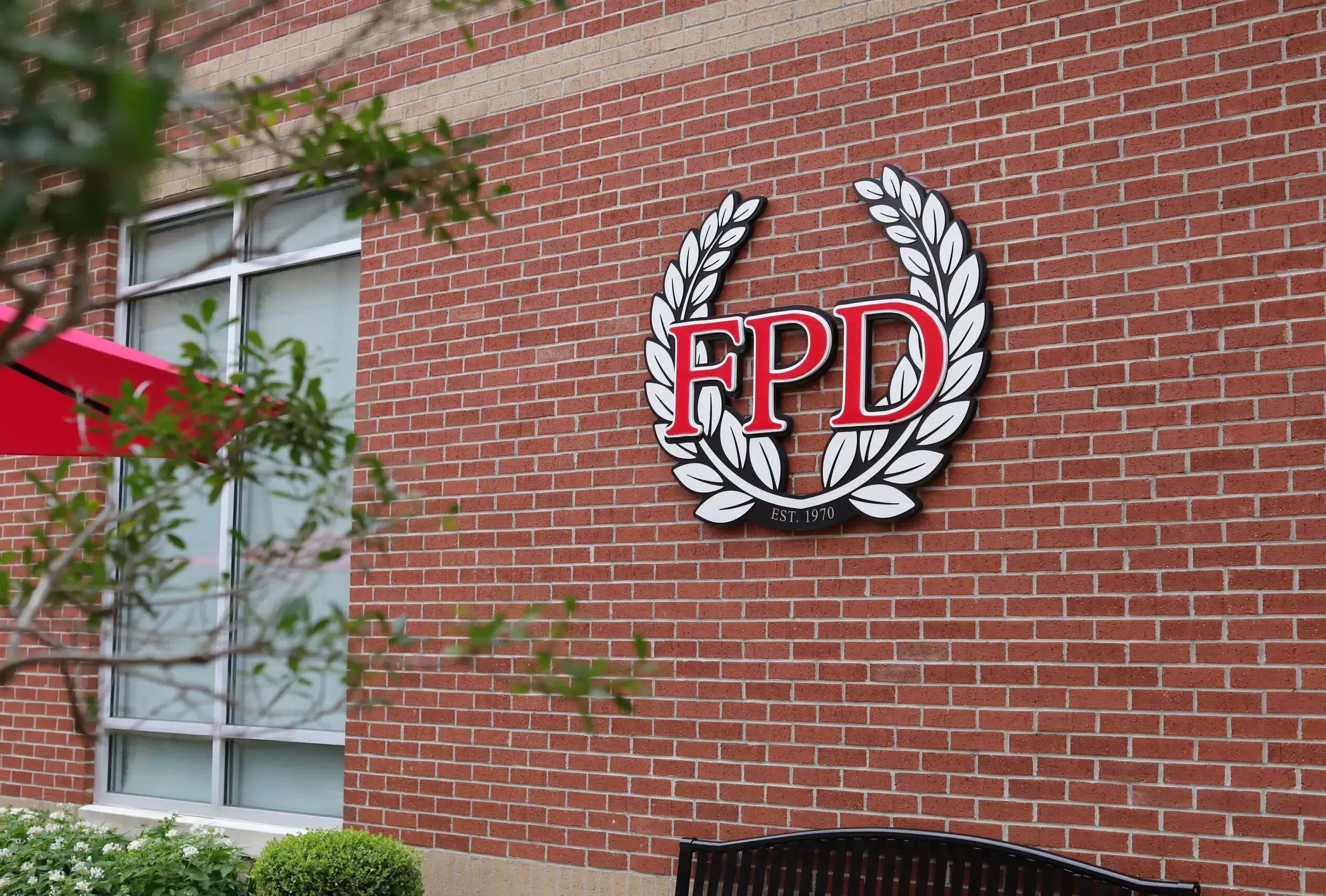Understanding GPA: College, HOPE, and FPD GPA Explained.
At First Presbyterian Day School, one of the most common questions we hear in the College Counseling Office is: “So, what is my GPA?” 
The answer? It depends. GPA—or Grade Point Average—is a numerical summary of academic performance, but how it’s calculated can vary depending on who’s looking at it. Colleges, scholarship organizations, and even our own school each use slightly different methods. Let’s break down the three most common types of GPA that matter for FPD students: College GPA, HOPE GPA, and FPD GPA.

College GPA
Your College GPA is one of the primary data points used in college admissions—alongside your course rigor, standardized test scores, extracurriculars, and more. But here’s something important: FPD does not send a GPA to colleges. We send your transcript, and each college calculates your GPA based on its own criteria.
What most colleges consider:
- Grades from 9th–11th grade (though many request 12th grade mid-year reports)
- Courses converted to a 4.0 scale
- A = 4.0
- B = 3.0
- C = 2.0
- D = 1.0
- F = 0
- Weighted vs. Unweighted:
- Unweighted GPA: Removes bonus points from honors and AP courses and calculates.
- Weighted GPA: Keeps the extra points for course rigor and calculates (what most colleges do).
Some colleges only consider core classes (English, math, science, social studies, and foreign language), while others use a cumulative GPA including all electives which were given a grade. Caution: A D (70–73 at FPD) may count as passing here, but for many colleges, it equals a 1.0—significantly lowering your College GPA. Competitive schools often expect at least a 3.0 or higher.
HOPE GPA (for Georgia students)
The HOPE GPA is used to determine eligibility for the HOPE Scholarship and Zell Miller Scholarship—for Georgia residents attending Georgia colleges. These are significant financial awards.
What HOPE includes:
- Core academic courses only: English, math, science, social studies, and foreign language
- Grades from all four years of high school
- GPA is calculated on a 4.0 unweighted scale
Adjustments by HOPE:
- Honors classes: Subtracts the 2 bonus points given by FPD
- AP classes: Subtracts the 3 bonus points given by FPD
- Then adds back 0.5 to the GPA calculation for AP courses
- But the max remains 4.0
Scholarship thresholds:
- HOPE Scholarship: 3.0 GPA
- Zell Miller Scholarship: 3.7 GPA +
- 1200 on a single SAT test or
- 25 on a single ACT test
Quick Tip: If you earn straight B’s, you’re on track for HOPE. A single C? You’ll need an A elsewhere to balance it out.
FPD GPA
The FPD GPA is what we use to determine academic honors at graduation, including Valedictorian, Salutatorian, Honor Graduates, and Honor Graduates with Distinction.
Key facts:
-
Based on core academic classes plus Bible
-
Calculated on a 100-point scale (not a 4.0 scale)
-
Weighted:
-
+2 points for Honors classes
-
+3 points for AP classes
- Honors Designations:
-
Honor Graduate: 90+ overall average
-
Honor Graduate with Distinction (Accelerated Track): 90+ average
-
(90.0 required—does not round up)
The full 4 years of high school are included. Final recognition is based on grades after senior finals, with Valedictorian and Salutatorian determined after the third quarter of senior year.
Final Thoughts
Understanding your GPA isn’t just about crunching numbers—it’s about understanding how your academic record will be viewed by colleges, scholarship boards, and your own school community. If you ever have questions, the College Counseling Office is here to help you break it down. Need clarity on your GPA? Reach out to Mr. Thompson for guidance tailored to your academic journey.
